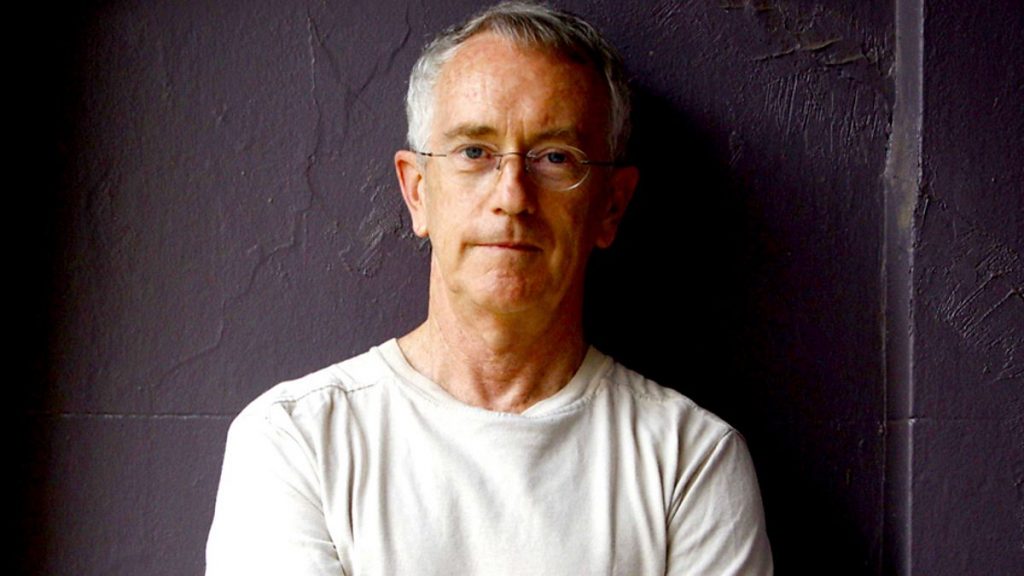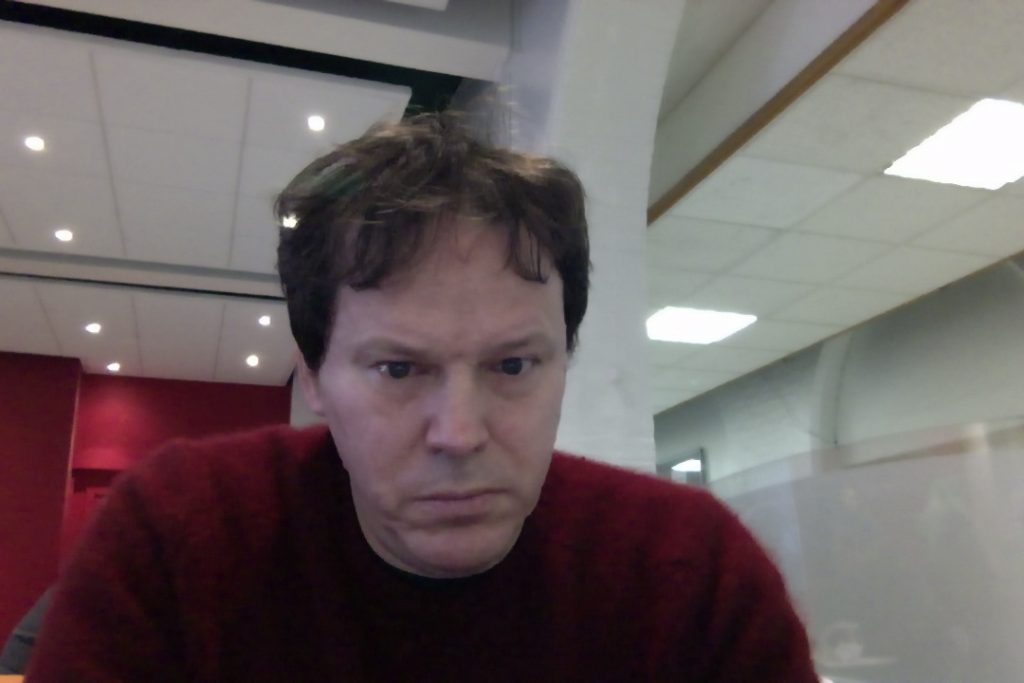


Now that David’s in the Afterlife (nothing so boring for him as merely being in Heaven), he’s checking out all the characters he’s read over the years, and engaging in intellectual fights with them face to face, rather than having to mediate through merely reading their writings.
David: Hmmm. Last thing I remember, I was lying down, in a bed. Now I’m standing up. In a box. What’s going on?
Jacob Grimm: It’s not a box. It’s a shelf. A library shelf, to be precise.
David: Okay… So, is this a Venetian joke that I haven’t yet heard? What’s the punchline?
Grimm: The punchline is that you’re not in Venice. You’re in the Afterlife. Venice is where you died.
David: I’m dead?
Grimm: It would seem so. That’s the entry price here. So you’re an anthropologist?
David: Yes. How did you know?
Grimm: Because that’s where they’ve filed you, under Anthropology. You’re in the After-Library of the Afterlife. It’s reserved for influential intellectuals. Whether that’s good or bad, we’re still not sure.
David: So the Afterlife isn’t divided into Heaven and Hell?
Grimm: In the After-Library, you can be in both places simultaneously. Or Nirvana, or Naraka. Whatever. Or so it feels. This is just where the intellectual manifestation of you lives.
David: Well it’s very noisy for a library. Hellishly noisy!
Grimm: Of course. It’s a library where the books can talk, to each other, through their authors. Yours look pretty boring to me though: Debt: the first 5000 years? Bullshit Jobs? Not my cup of tea.
David: How do you know they’re my books?
Grimm: My dear dead man, because you’re wearing them, as I am wearing mine. It’s our clothing here.
David: Jacob Grimm! I loved your fairy tales when I was growing up.
Grimm: You’re not fond of fairy tales in economics though, it would seem?
David: The bane of my life! When I was alive, that is. The myth of barter and all that stuff.
Grimm: Not my problem: I never wrote anything so fantastical.
David: Yes, it was the economists who made it all up. Adam Smith, Jean Baptiste Say, and so on. Without doing any field research of course. They prefer daydreaming in their armchairs.
Grimm: Well if you can stand adding to the din here, you can go and have it out with them. Four rows back, between Ecology and Edaphology.
David: I might just wander over there and have a go at Adam Smith then!
Grimm: That’s not how it works here, newbie. You’re the new book on the shelf: you have to see which of the old books decides to take you on.
David: You mean I could get stuck arguing with every economist from A to R before I got to Smith? That sounds worse than arguing with them when I was alive!
Grimm: I did say this place can be Heaven and Hell all at once. But you can improve your odds by walking down the S corridor to get there.
One After-Day later…
David: OK, so there’s Smith, about twenty shelves away…
Say: Every producer asks for money in exchange for his products, only for the purpose of employing that money again immediately in the purchase of other products…
David: Jean-Baptiste! Nice to see you. I’m just heading on down to chat…
Say: for we do not consume money; and it is not sought after in ordinary cases to conceal it…
David: with Adam Smith…
Say: thus, when a producer desires to exchange his product for money, he may be considered as already asking for the merchandise which he proposes to buy with this money.
David: You’re not listening to a word I’m saying, are you? And why can’t I move anymore?
Say: House rules, Monsieur. I decided to challenge your silly Debt: the first 5000 years? You can’t move until you’ve dueled me.
Say: It is thus that the producers, though they have all of them the air of demanding money for their goods, do in reality demand merchandise for their merchandise.